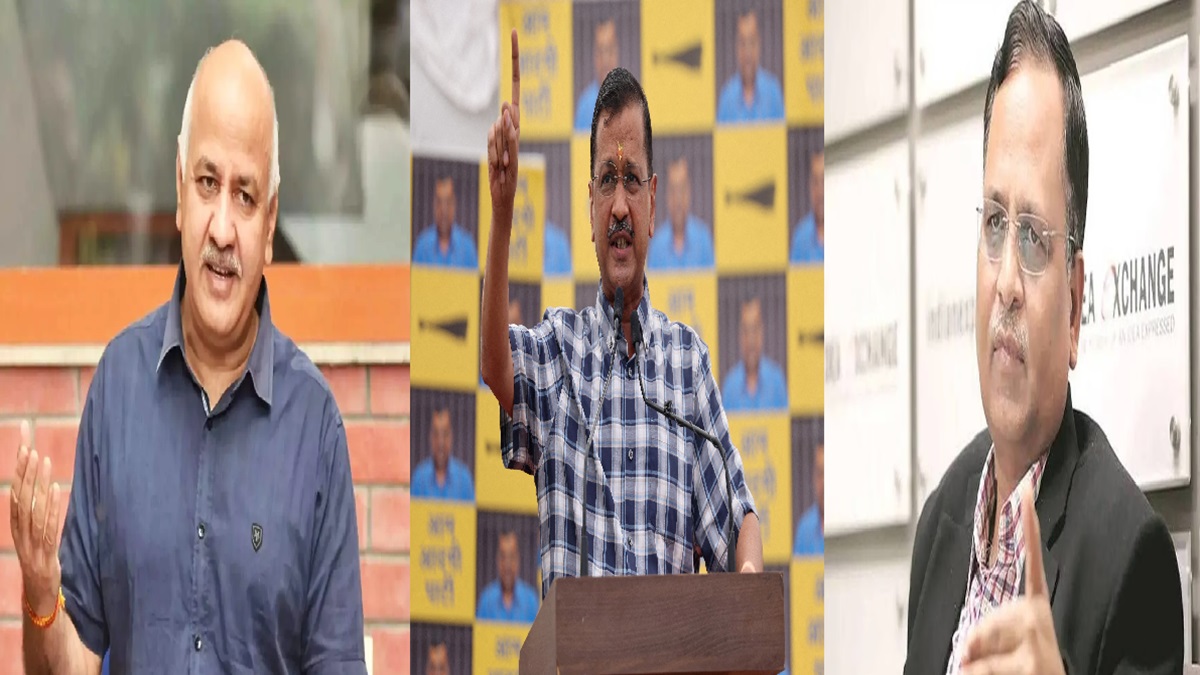 |
|
The 2025 Delhi Assembly elections witnessed a seismic shift in the political landscape of the national capital, marking the end of the Aam Aadmi Party's (AAP) dominance and ushering in a new era of Bharatiya Janata Party (BJP) rule after over two decades. The most stunning outcome was the defeat of AAP's convener and former Chief Minister, Arvind Kejriwal, and his deputy, Manish Sisodia, two figures who had become synonymous with the party's success. This unexpected outcome signifies a dramatic alteration in voter sentiment, a clear rejection of AAP's governance and policies after their substantial win in 2020. Kejriwal's loss to BJP's Parvesh Verma in the New Delhi constituency, by a margin of over 4,000 votes, was a particularly significant blow, highlighting the BJP's ability to penetrate even the AAP's strongholds. Verma's victory, a testament to his political acumen and the effective campaign strategizing of the BJP, marks a significant moment in his career and a considerable victory for his party.
Manish Sisodia's defeat in Jangpura, against BJP's Tarvinder Singh Marwah, by a narrower margin of 675 votes, adds another layer of complexity to the AAP's overall loss. Although the margin was relatively close, it still represents a substantial setback for Sisodia, a prominent leader known for his key roles in education and other prominent portfolios. His loss underscores the shifting dynamics within the electorate, where previous loyalties have arguably been broken. The victories of relatively unknown candidates against such high-profile figures in the AAP highlight the BJP’s ability to not only contest known AAP supporters but also mobilize its base effectively. The implications of these defeats extend far beyond the immediate loss of power; they raise serious questions about the future of the AAP at the national level, where Kejriwal has previously aspired to play a significant role. The electoral setback casts doubt on the party's national ambitions and its long-term viability.
Beyond Kejriwal and Sisodia, the AAP suffered a series of significant losses across multiple constituencies. Satyendar Jain, embroiled in a money laundering case since 2022, was defeated in Shakur Basti, highlighting the potential impact of legal issues on electoral performance. Durgesh Pathak, another prominent AAP leader, lost in Rajendra Nagar, unable to replicate his success in the 2022 by-election. Saurabh Bharadwaj, the health minister, lost in Greater Kailash, and Somnath Bharti's winning streak of three elections came to an end in Malviya Nagar. These losses were not isolated incidents; numerous other key AAP leaders, including Raghuvinder Shokeen, Bandana Kumari, and Akhilesh Pati Tripathi, also lost their seats. The breadth and depth of these losses demonstrate a widespread erosion of AAP’s support base, requiring a serious introspection within the party regarding its strategies, its messaging, and its ability to connect with the changing aspirations of the Delhi electorate. The BJP's campaign appears to have effectively countered the AAP's narratives, capitalizing on perceived shortcomings in the party's governance.
The 2025 Delhi Assembly elections represent a significant turning point in Indian politics. The BJP's victory, amplified by the resounding defeat of prominent AAP leaders, signals a potential shift in the power dynamics of the capital and might have nationwide repercussions. The reasons behind the AAP's loss are multifaceted and complex, encompassing factors such as shifting voter preferences, the BJP's effective campaign, and potentially the impact of controversies involving some AAP leaders. Analyzing the election results demands a deep understanding of the political currents in Delhi and the broader national context. The outcomes will undoubtedly shape the political discourse in the years to come, impacting future elections and potentially changing the dynamics of national-level alliances. For the AAP, the path forward involves understanding the reasons for their decline and implementing strategic changes to revitalize their base and regain public trust. The BJP, on the other hand, will need to maintain its momentum and sustain its support base to consolidate its power and continue its governance initiatives.
Source: Delhi Assembly Elections 2025: Arvind Kejriwal, Manish Sisodia among AAP stalwarts who lost
